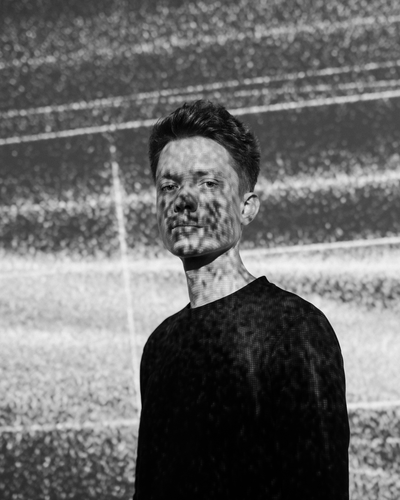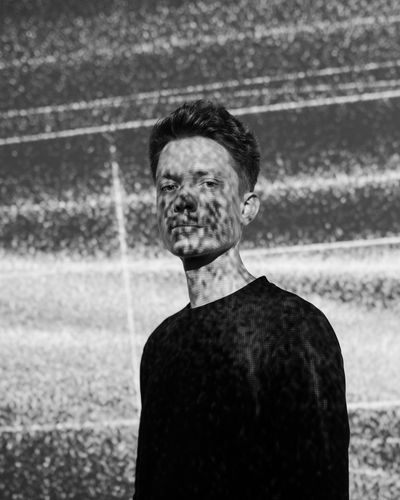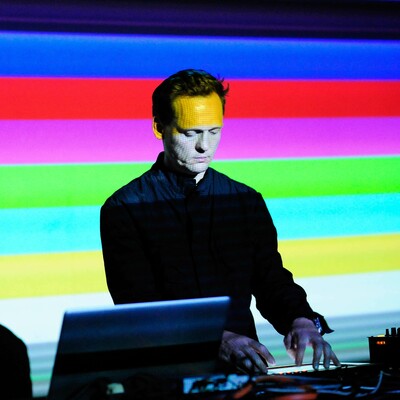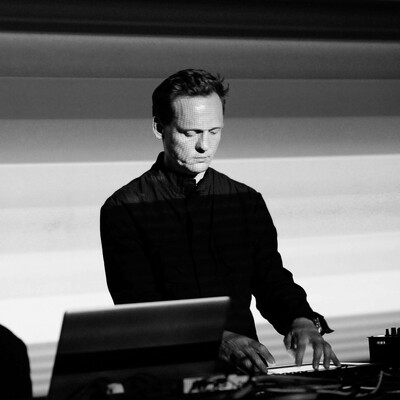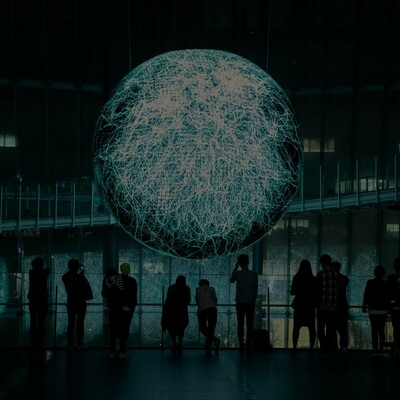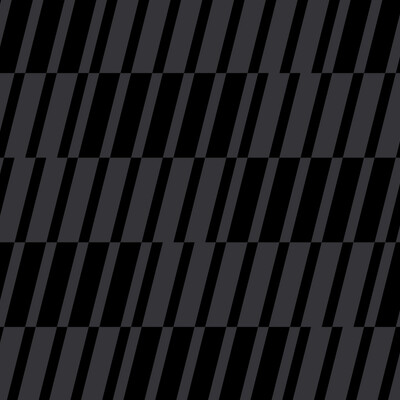George HurdUS
Echolocation
When San Francisco-based electro-acoustic composer George Hurd began work on Echolocation, he was looking for a way to interpret the emotions and experiences gleaned from extensive travels across the globe, both for work and for pleasure. Since 2017's acclaimed ensemble album Navigation Without Numbers, Hurd has been expertly fusing classical music with elements of experimental electronic music, sound design and ambient, but Echolocation was different - it was more personal.
Echolocation
When San Francisco-based electro-acoustic composer George Hurd began work on Echolocation, he was looking for a way to interpret the emotions and experiences gleaned from extensive travels across the globe, both for work and for pleasure. Since 2017's acclaimed ensemble album Navigation Without Numbers, Hurd has been expertly fusing classical music with elements of experimental electronic music, sound design and ambient, but Echolocation was different - it was more personal.
"My family never traveled and I grew up haunted by the idea of the massive and mysterious world out there," he explained to Arts4All last year. "I wander places I’ve never been, searching for those perfect sounds - anything unusual and unique that you can’t find anywhere else. The end result is a musical representation of a location that is both artistic and literal, bringing the place itself into the music." Hurd translated these ideas and inspirations into a project that was too big to be contained on one record or a single performance. Echolocation is instead an ongoing project, a subscription series that has so far resulted in seven discrete pieces of work, picking apart the sonic landscapes of Oslo, Lisbon, Munich, Nuremberg, Bavaria, Zambujeira do Mar and San Francisco. The project is continuing with soon-to-be-released works based on Barcelona, Berlin, Yosemite, Paris, Brussels and Chicago.
In 2020, COVID-19 has made travel risky and expensive if it's even logistically possible at all. But rather than scrapping the project, Hurd has instead explored ways of interpreting distant places without lamenting his loss of mobility. So Echolocation has been reconfigured to recapture a distant nomadic feeling, recalling locations and feelings that, for the moment at least, are just out of reach. Hurd has turned his process inward, examining the nostalgia we experience when reflecting on a lifetime of people, places, sights, smells and sounds. He plans to leave the USA imminently for a move to Europe, so the project has taken on even more personal resonance for Hurd, who will use these artistic reflections as a way to say goodbye to the places he has loved and called home for so many years.
The evolution of the project makes sense for Hurd, who has plenty of experience working on narrative projects. In 2017 he released a soundtrack to the documentary Chernobyl: Two Days in the Exclusion Zone, and has written extensively for podcasts and film, with music featured on hit CIA mystery podcast Wind of Change and Running from Cops, a podcast investigating the longest-running reality TV show in history: COPS. Fittingly, Hurd has expanded Echolocation into an immersive experience using large LED screens that will display footage he collected while traveling cut together with archival material and digitally-designed graphics. COVID-19 may have grounded us for the time being, but art prevails and its power to inspire and remind us of the expansive world outside our four walls has never been more evident.





